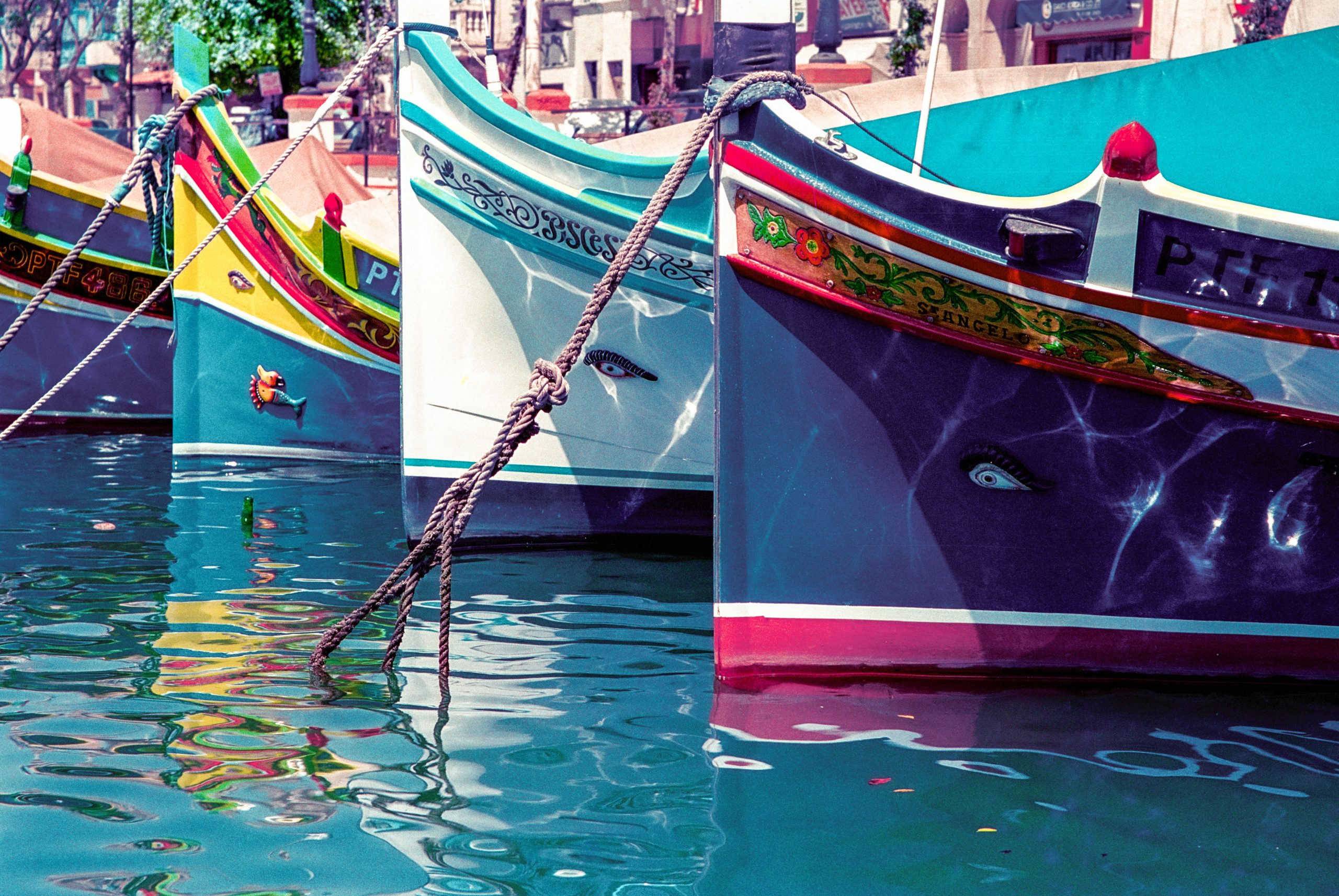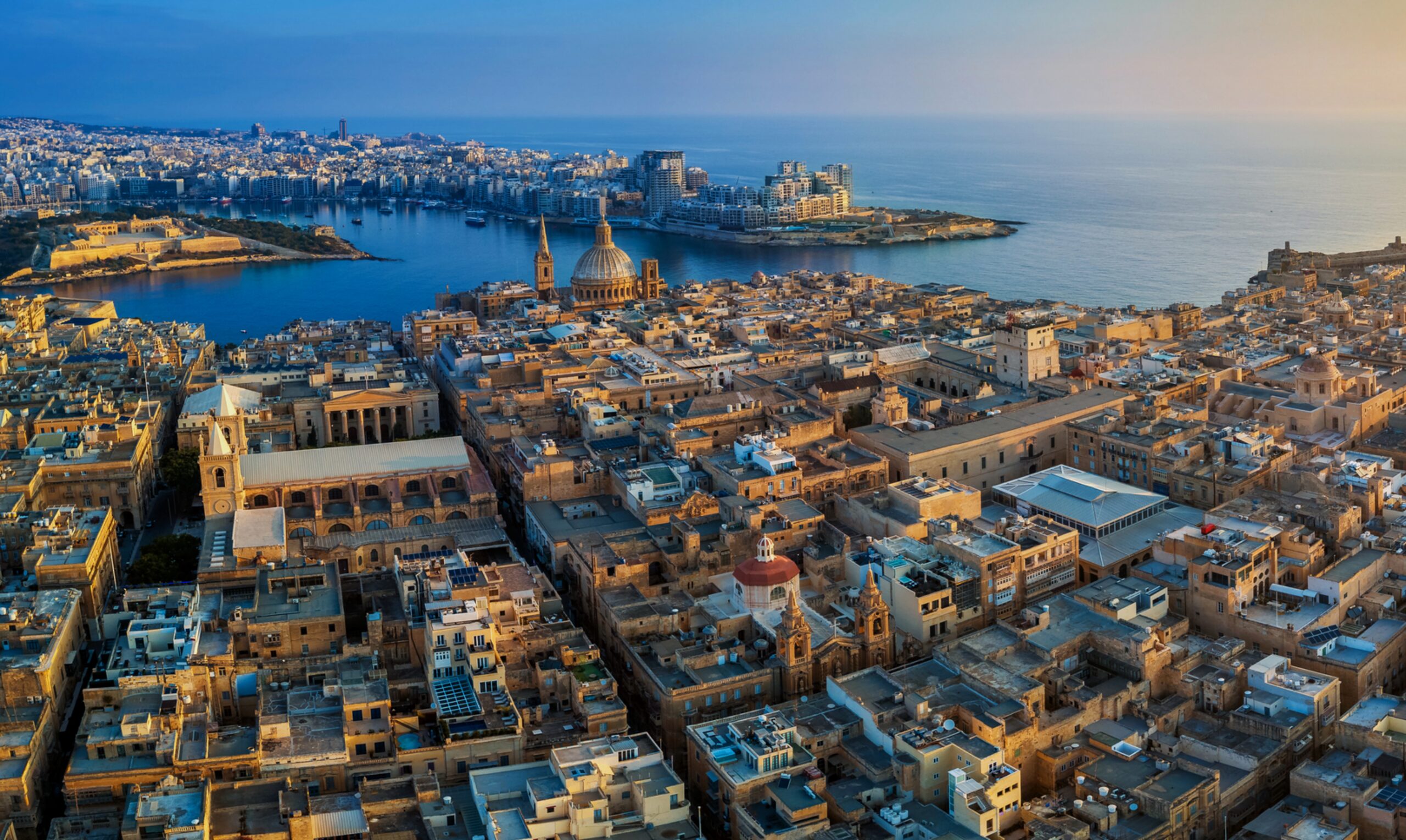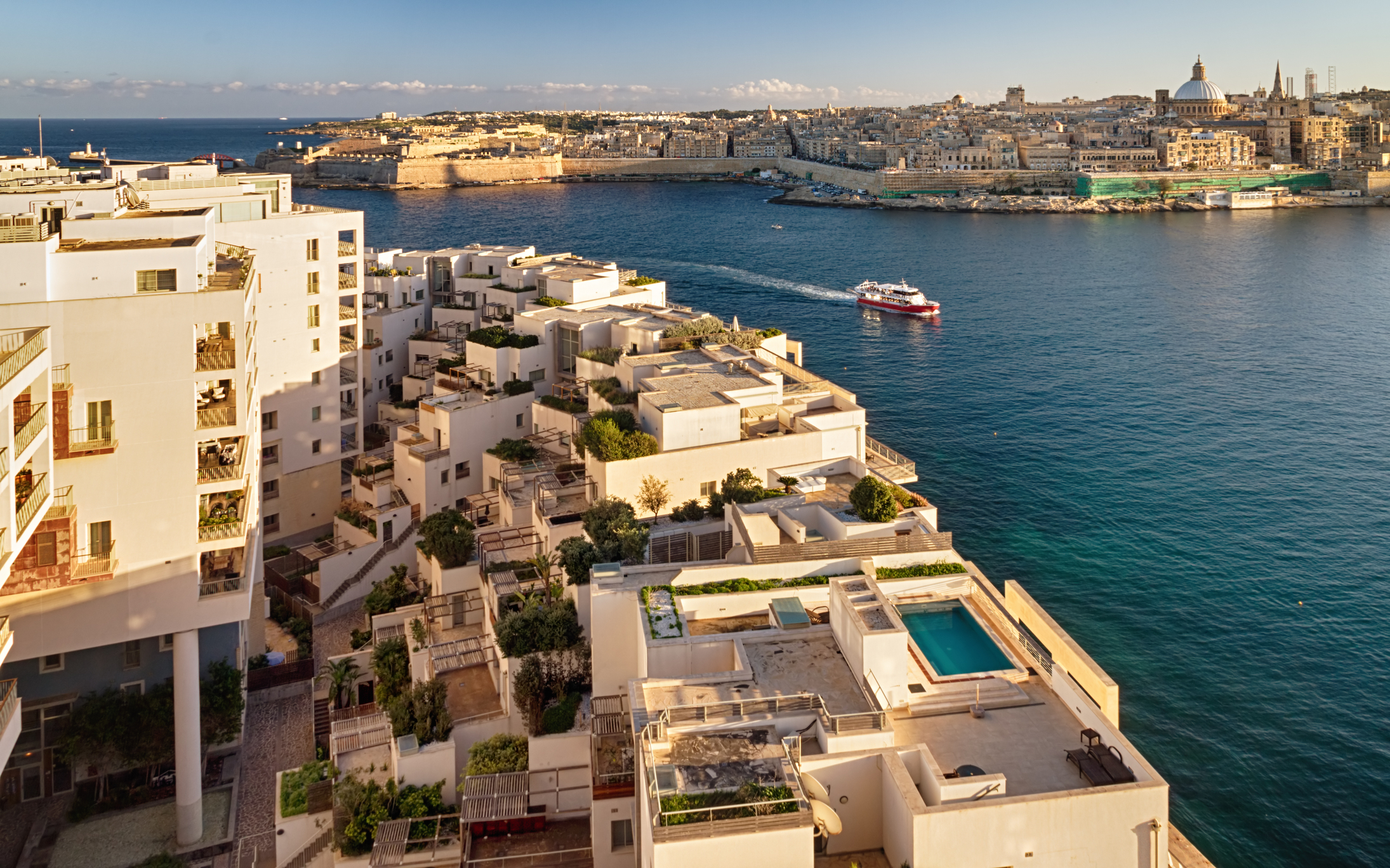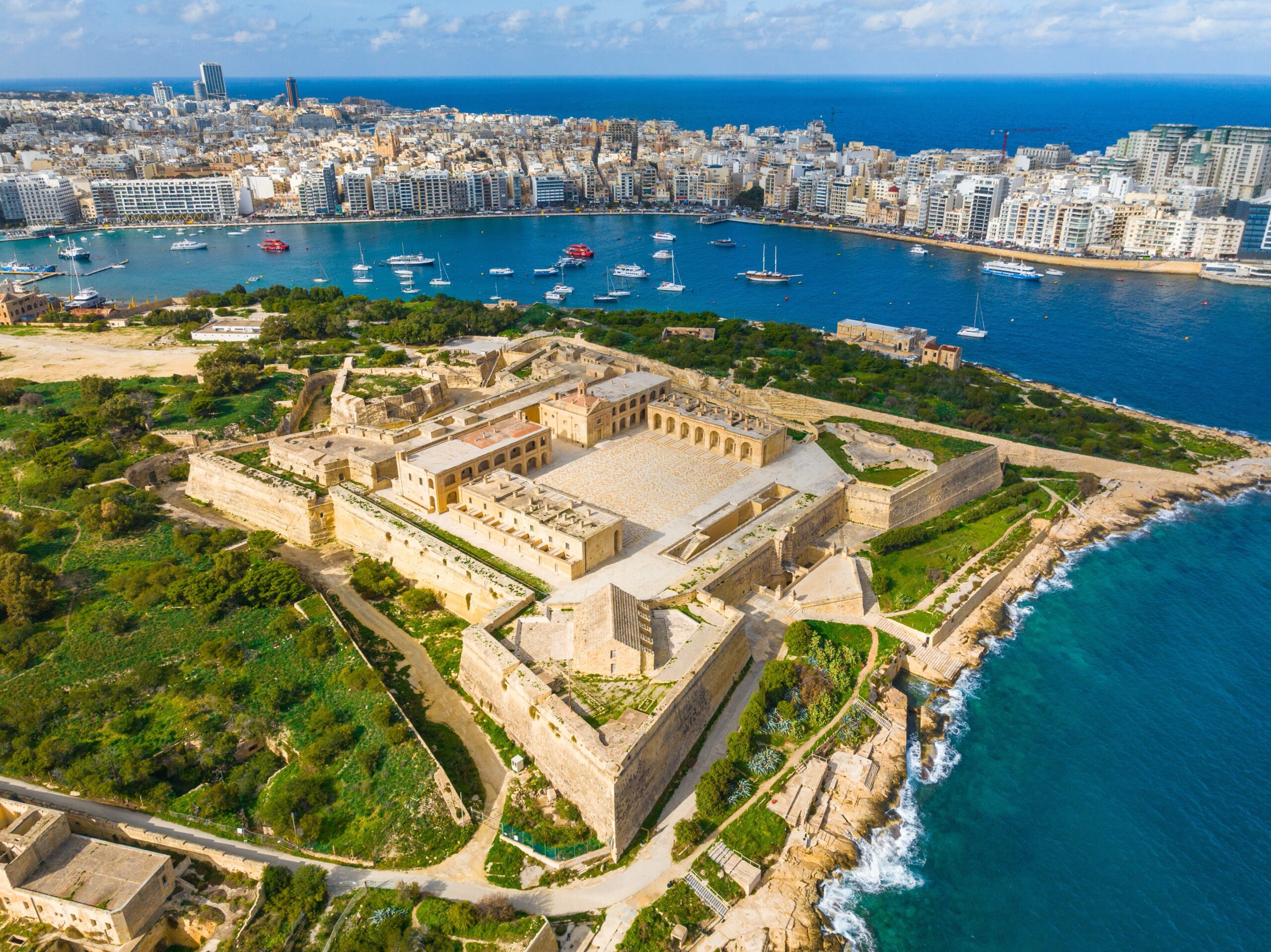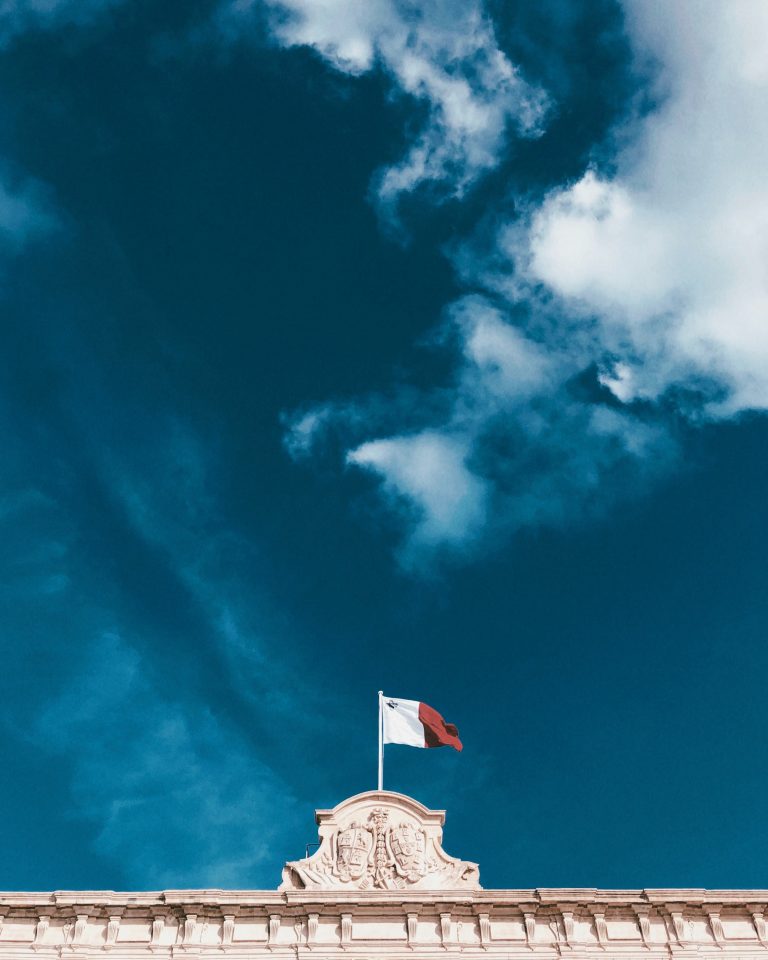
The majority of visitors who visit Malta for the first time are always startled by a variety of things. The feeling of safety while roaming around the island, especially late at night, is at the top of the list. Safety is not only important when travelling to Malta, but is also important when buying a Malta property for sale. Read more in detail about Malta.
Location and getting here
The Maltese Islands are a small limestone archipelago found in the central Mediterranean, 93 km south of Sicily and 290 km north of the northern coast of Africa. Although separated from mainland Europe and northern Africa by sea, Malta is very well connected by sea and air. With more than 16,000 flights to the country being registered for 2014. Malta also enjoys a daily ferry service to Sicily, as well as frequent cruise ship stop-overs – more than 300 cruise ships glide into Malta’s impressive Grand Harbour each year.
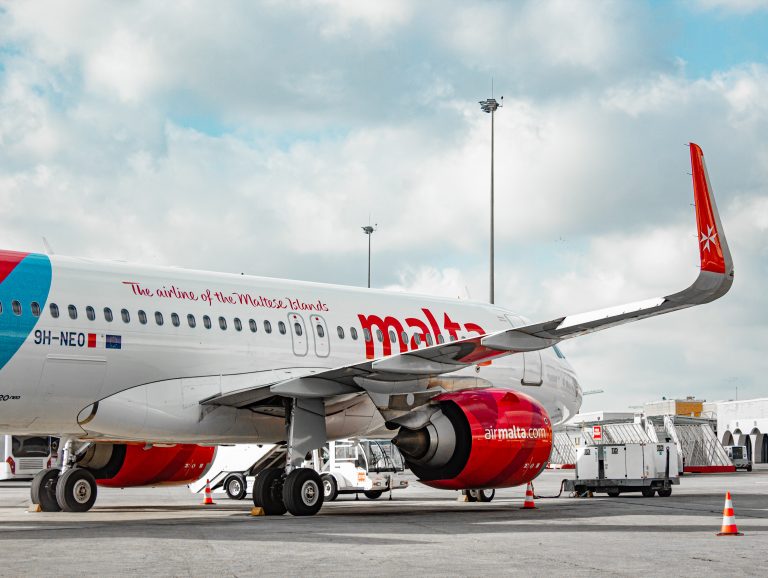
Climate
When visiting Malta, the time of year is an important factor to consider due to the climate and the number of visitors on the islands. Malta enjoys a warm Mediterranean climate, with hot summers and mild winters. That said, even the darkest winter month boasts of an average of 5.2 sunshine hours a day.
June to September are the warmest months with the most visitors peaking in August, while April to May and October to November are considered to be Spring and Autumn seasons respectively These equate with a quieter atmosphere, less heat, less people, more greenery and emptier beaches which are yet still swimmable especially for those arriving in from the north. The months of December through to March are usually the coldest and wettest, although they are the perfect time to explore Malta’s nature and visit the many indoor cultural and historical buildings, sites and museums the islands have to offer.
Entering Malta
Arm yourself with a valid passport. In the case of EU citizens an Identification Card is usually sufficient, with no visa being required either for entry into the country, nor for seeking employment or settling here. Citizens of Australia, Canada, Israel, Japan, New Zealand and the United States only need to present a visa for stays over three months long. All other world citizens generally require a visa so it is important to check specific entry requirements and limitations to your stay by confirming details with Malta’s Ministry of Foreign Affairs. http://foreignaffairs.gov.mt
Spoken language
Malta is a multilingual country, with Maltese and English being co-official languages spoken by the vast majority of Maltese nationals. A high percentage of locals also speaks Italian, with sizeable minority knowing French or German. English is the de facto business language, and conversations, phone calls, emails and other forms of communication can be conducted in English. This means that making bookings over the phone or via email is very easy.

Currency
Malta’s currency is the Euro. Many shops, restaurants, hotels and bars accept international debit and credit cards, although a minimum transaction limit of around five Euros is usually applied. In popular areas, small shops and grocery stores also cards but the quieter village shops will sometimes only accept cash or only accept cards for large transactions. The busier tourist spots usually have currency exchange machines for major currencies, services provided by most banks. For ease of use and convenience, ATMs are found in most town squares but not in all villages, so it is always advisable to carry cash especially on a visit into the hinterland or Gozo.
Is it expensive?
Malta is relatively cheap when compared to neighbouring European countries. A budget of up to 60 Euros a day will get you basic accomodation, simple yet good meals and access to public transport. For up to a 100 Euros daily you can get mid-range accomodation and meals, apart from public transport and some museum fees. For more than a 100 Euros one a day, you can budget for high-end hotels, upper-end restaurants and more expensive activities. This also applies for property for sale in Malta.
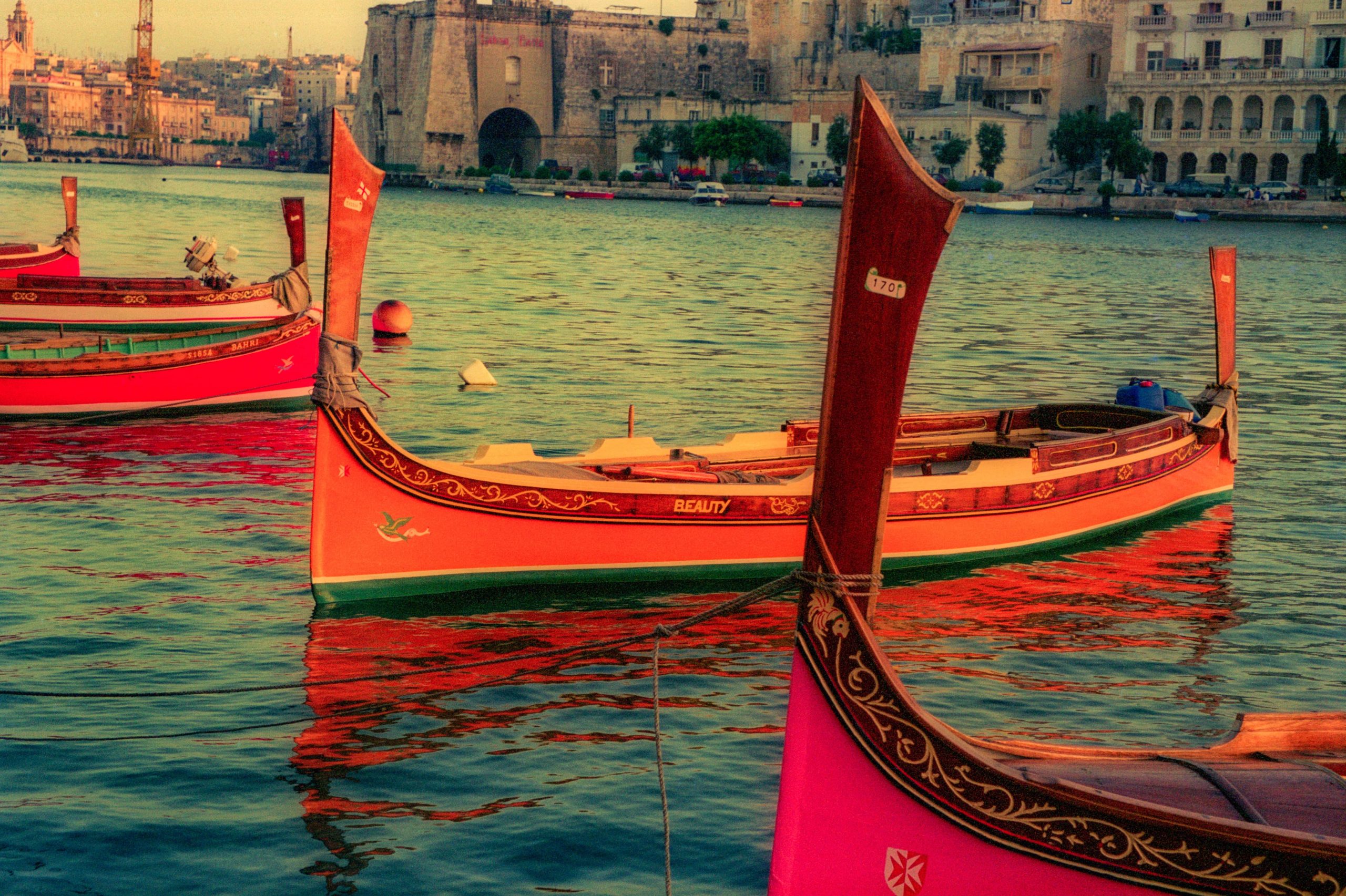
Should I feel safe here?
Malta is generally a very safe country, with low levels of both violent and non-violent crimes. While petty thefts and pickpocketing have risen over the years, they are still uncommon., and you can feel safe walking the streets at any hour, even during evenings and night-time, even if you are a female. Muggings are relatively rare and reported crime rates in 2013 were at the same level as in 2003. That said, it is always recommended to get basic travel insurance covering such unlikely events. Read more guides about why you should choose to travel to Malta.
Newsletter Sign Up
Sign Up For Our
Newsletter
Join JK Properties newsletter and be updated with the latest properties for sale in Malta.


